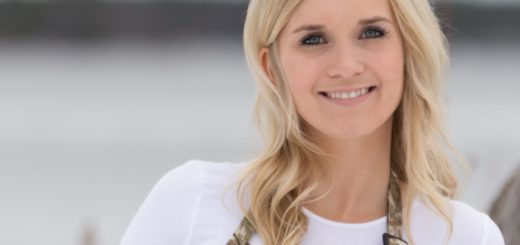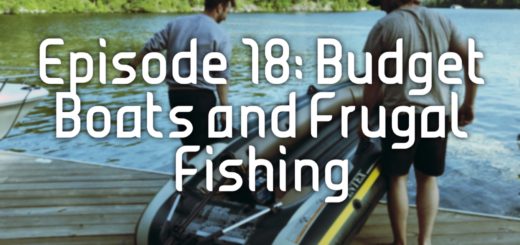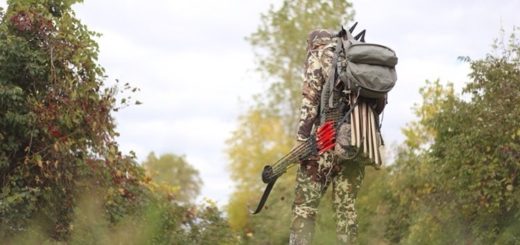Eat less meat: how hunting changed the way I eat
My meat consumption has gone way, way down since I started hunting. I know this seems paradoxical; let me explain.
Before I started hunting, my approach to meat and meat eating largely mirrored the rest of urban society. I didn’t really think about it. Meat is presented to the majority of consumers, urban or not, in a highly abstract form. It appears in dis-articulated, sanitized portions nestled in neat foam trays, stacked, shelved and flourescent-lit. Indeed, the way meat is packaged and sold in grocery stores actively discourages its association with the animal the meat came from. You see cows on the front of milk packages, but not on your package of ground beef.
This, I eventually decided, was a problem. One of the reasons I began hunting was to see what it was like to step outside of the grocery store’s abstraction of plenty. First realization: getting meat is not easy. Obtaining game meat involves significant effort, focus, skill and knowledge. It necessitates respect for the animal being pursued. How much energy and skill was applied to create the steaks I was eating? How much respect? What were the inputs? I didn’t know.
Second realization: killing animals is very, very serious. It is difficult to articulate the mixture of elation, sadness and reverence that comes with taking game for food. When I prepare a game animal for cooking, I get great satisfaction knowing that this animal was “free range” in the greatest sense. It existed on its own terms in its natural environment, following its natural desires. I also know for sure that its end was clean and ethical. Likely quicker and more humane than the death it would inevitably suffer in the wild. How did the animals who furnished my storebought meat live? Was it under the harrowing conditions of the modern factory farm? What did it eat? What was the manner of its death? I didn’t know.
All this not knowing bothered me. It still does. As a result, I began to ensure that I only ate meat once a day at most. I can hear vegetarians laughing: “only once a day? waaaayyy to go buddy, big hardship.” But making that small, initial change also changes one’s thinking. I started to consider what I ate and when. I started eating store-bought meat less and less. When a meat delivery service knocked on my door a few weeks ago, asking me to sign up for a vast quantity of meat to be delivered annually, I declined. It wouldn’t be worth the cost, I just didn’t eat that much meat anymore.
I have decided to keep that trend going. I am going to focus on eating game meat and fish that I or my friends have caught or killed whenever I want to use meat in a recipe. Because we all are city-bound, however, this is not going to be sustainable for the whole year. I also do not have a problem with eating meat in and of itself, but I do have a problem with wilfully ignoring where it comes from. As a result, any farm-raised meat I do buy will come from my local butcher shop.
I’m hoping that the extra effort and expense that comes with relying on an independent butcher has two advantages. First, it will keep my consumption down since I need to make a special trip. Second, I will be able to better account for the provenance of my meat and be sure that the animal had an ethical life and death.
Returning to an attitude of reverence towards meat and the animals that furnish it is a crucial change that our society must make. Though vegans and vegetarians would advocate a complete shift away from meat, this is neither feasible nor desirable for many people. Nevertheless, a shift in consumer demand towards eating lower amounts of high quality meat has the potential to improve public health, the environment, and living conditions for livestock. It also rewards those farmers who work hard for and care about the animals they raise.
As part of this project (and unusually for a blog about hunting), our recipes section will include a number of vegetarian recipes. I hate crappy vegetarian food, so they’ll have our seal of approval before they go up. In the meantime, I hope your journey into and through hunting gives you occasion to pause and consider the effect each of us has on the natural environment and the animals that share it with us.



